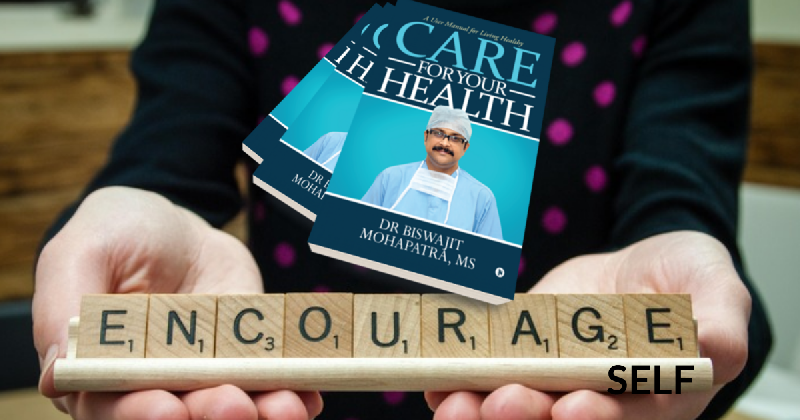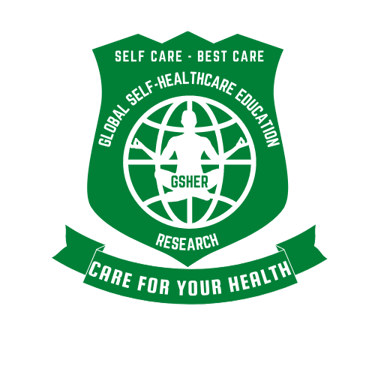Interpreting Health and Wellness in Relation to Resources and Resourcefulness
A thought provoking health article.


Wellness is crucial in today's fast-paced world. Work and personal life demands make it harder to maintain a healthy lifestyle. With the right resources and resourcefulness, optimal health and wellness are possible.
Self-healthcare education is becoming more important as healthcare costs rise and medical professionals are scarce. Technology and the internet have made health and wellness information readily available. However, finding reliable sources and applying this information to one's health needs is difficult.
Resources are the tools and support networks that people can use to reach their health goals. These resources can include doctors and nurses, gyms, nutritionists, and programs to improve health. By using these resources, people can get the information and help they need to make health decisions that are best for them.
Resources play a crucial role in self-healthcare education. These can be in the form of books, articles, videos, podcasts, online courses, or physical classroom training centers. The quality of these resources is important, as it can impact the effectiveness of self-healthcare education. Reliable sources can provide evidence-based information to help individuals make informed decisions about their health. Additionally, specialists such as nutritionists and physical therapists can provide personalized advice on diet and exercise to help individuals achieve their health goals. wellness programs can offer support and resources for healthy eating habits, such as cooking classes and grocery store tours
Resourcefulness refers to the ability to make the most of the resources available. This includes being proactive in seeking out resources and taking advantage of them to achieve optimal health. It also involves being creative in finding solutions to health challenges.
One of the key skills required for self-healthcare education is resourcefulness. This involves the ability to identify and utilize resources effectively. Resourcefulness can be cultivated through various means, such as developing critical thinking skills, seeking out diverse perspectives, and being open to new ideas.
Resourcefulness can also be enhanced by developing a network of support. This can involve connecting with other individuals who are interested in self-healthcare education or seeking out professional guidance from a healthcare provider. A support network can provide motivation, accountability, and guidance in navigating the vast amount of information available.GSHER is now prepared to provide health education to those who request it. The following are examples of self-healthcare educational programmes:
Diabetic self-care
Blood pressure self-care
Cancer self-care
Thyroid self-care
Self-care for fitness etc.
The consequences of self-care education are significant. Self-healthcare education can improve health outcomes, lower healthcare costs, and improve quality of life by empowering individuals to take charge of their own health. However, there are some risks to self-healthcare education, such as misinformation and self-diagnosis. Individuals must exercise caution when it comes to self-care education and seek out reliable sources of information.
Resources and resourcefulness are important aspects of self-care education. Individuals can take charge of their health and improve their overall well-being by using reliable sources and developing resourcefulness skills. However, it is necessary to approach self-care education with a positive attitude and to seek professional help when necessary. Self-care education, when combined with the right tools and mindset, can be a powerful tool for improving health outcomes and quality of life. Feel free to call to know details
Jaihind
Dr Biswajit Mohapatra MS, FMAS
Chairman, GSHER
9437042490
